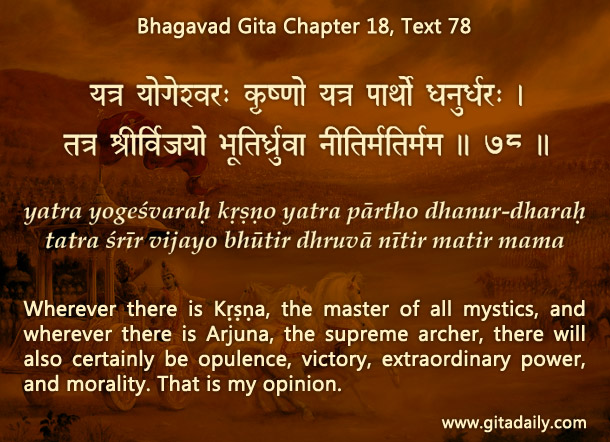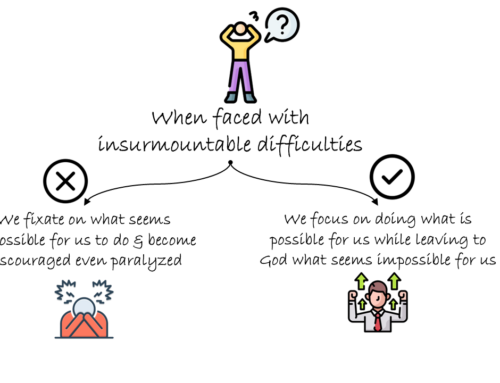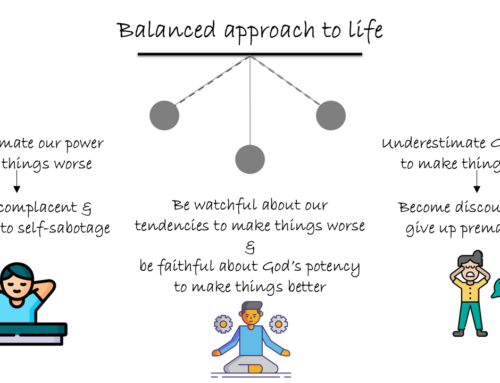The Bhagavad-gita’s conclusion (18.78) asserts that morality is present wherever the Gita’s teachings are followed. This assertion may raise some eyebrows among those who know the Mahabharata. Why? Because in the subsequent Kurukshetra war, Krishna and Arjuna did several things whose moral propriety is questionable.
Given the likelihood of such questions, why might the Gita’s conclusion mention morality? Possibly to emphasize the moral robustness of the Gita’s teachings.
Pertinently, the Gita is spoken to resolve Arjuna’s moral dilemma: Should he do his duty as a warrior even when the opponents are his relatives? Or should he renounce the world to avoid such a fratricidal fight? In the immediate context, fighting for a kingdom with one’s relatives, including one’s venerable elders, might seem clearly wrong. But in the broader context, that same decision can turn out to be clearly right.
What is that broader context? Arjuna’s relatives had chosen to side with a depraved prince, Duryodhana, who had shamelessly tried to publicly disrobe a queen — that too, his own sister-in-law. If such a pervert gained unchallenged power, he would wreak untold havoc on society. Arjuna had a moral responsibility to stop that catastrophe even if it meant he would have to fight against his relatives.
Like Arjuna, we all are prone to judge actions based on their immediate context. To protect us from such moral short-sightedness, the Gita provides a profound philosophical worldview that places our actions in a broader context. Within such contexts, we can do better moral reasoning and thereby appreciate how wrong-seeming actions may turn out to be not just morally acceptable but also morally essential. Hence, the Gita’s declaration that morality is present with anyone who lives the Gita.
One-sentence summary:
By placing actions in a broader context, the Gita shows how actions that in their immediate context might seem morally questionable, may well be morally responsible.
Think it over:
- Why might the Gita’s conclusion raise eyebrows?
- How does broadening Arjuna’s context change our moral view of his fighting?
- How does the Gita protect us from moral short-sightedness?
***
18.78: Wherever there is Krishna, the master of all mystics, and wherever there is Arjuna, the supreme archer, there will also certainly be opulence, victory, extraordinary power, and morality. That is my opinion.
To know more about this verse, please click on the image




Leave A Comment